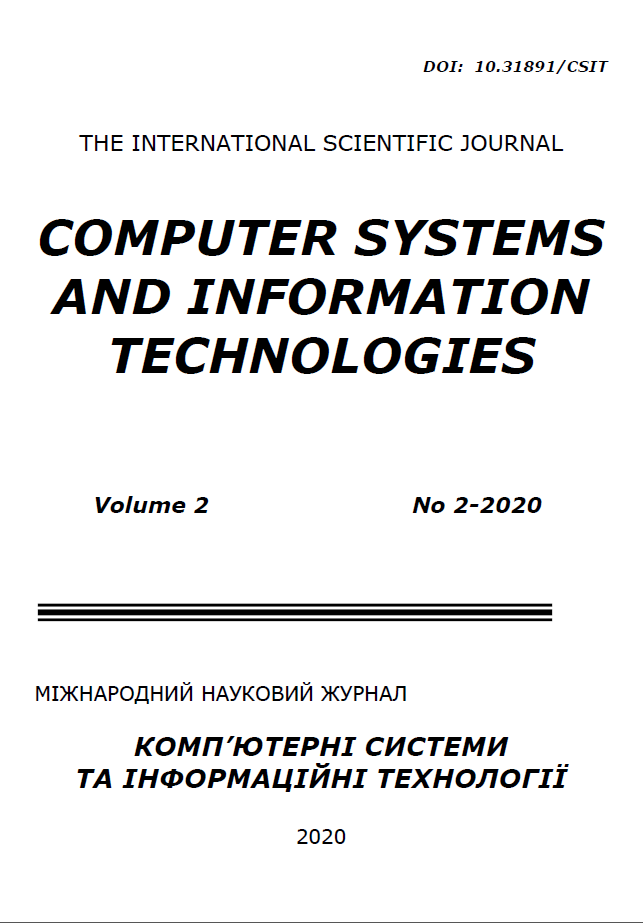The concept of information retrieval system (based on ontology) for the field of medical law
DOI:
https://doi.org/10.31891/CSIT-2020-2-1Keywords:
information retrieval system, information retrieval, information resources, ontology, medical lawAbstract
The search for information is one of the main components of human activity. The ideal information retrieval system should issue only documents that are relevant to the request. Today, real information retrieval systems provide a completeness factor of 70%, and a search accuracy factor – at a level sometimes even 10%. Thus, the well-known information retrieval systems are currently unable to meet the modern needs of users. The global trend in the processing of large arrays of information, which allows you to solve new classes of problems based on available information resources, is the intellectualization of information and data processing. As a standard of knowledge engineering in the development of information retrieval systems, it is worthwhile to use ontologies that are widely used in the work of search engines and information retrieval systems, as ontologies are an effective tool for organizing a semantic search. The use of ontologies as part of information retrieval systems helps to solve a number of methodological and technological problems that arise during the development of such systems. An important and actual task now is to develop an effective information retrieval system for the field of medical law. The purpose of this study is to develop the concept of an effective information retrieval system (based on ontologies) for the field of medical law. The paper proposes the concept of an information retrieval system (based on ontologies) for the field of medical law, which consists of: an internal ontology of semantic search, which will contain knowledge about the basic elements of the search process; taxonomies of information objects, information about which the user is looking for (this taxonomy will integrate existing ontologies of multimedia information resources, Web-services, and organizational structures); ontologies of the subject area, which will be used for the accumulation of knowledge, as well as for the construction of thesauri, dictionaries, taxonomies; linguistic ontologies designed for semantic analysis of natural information resources.

